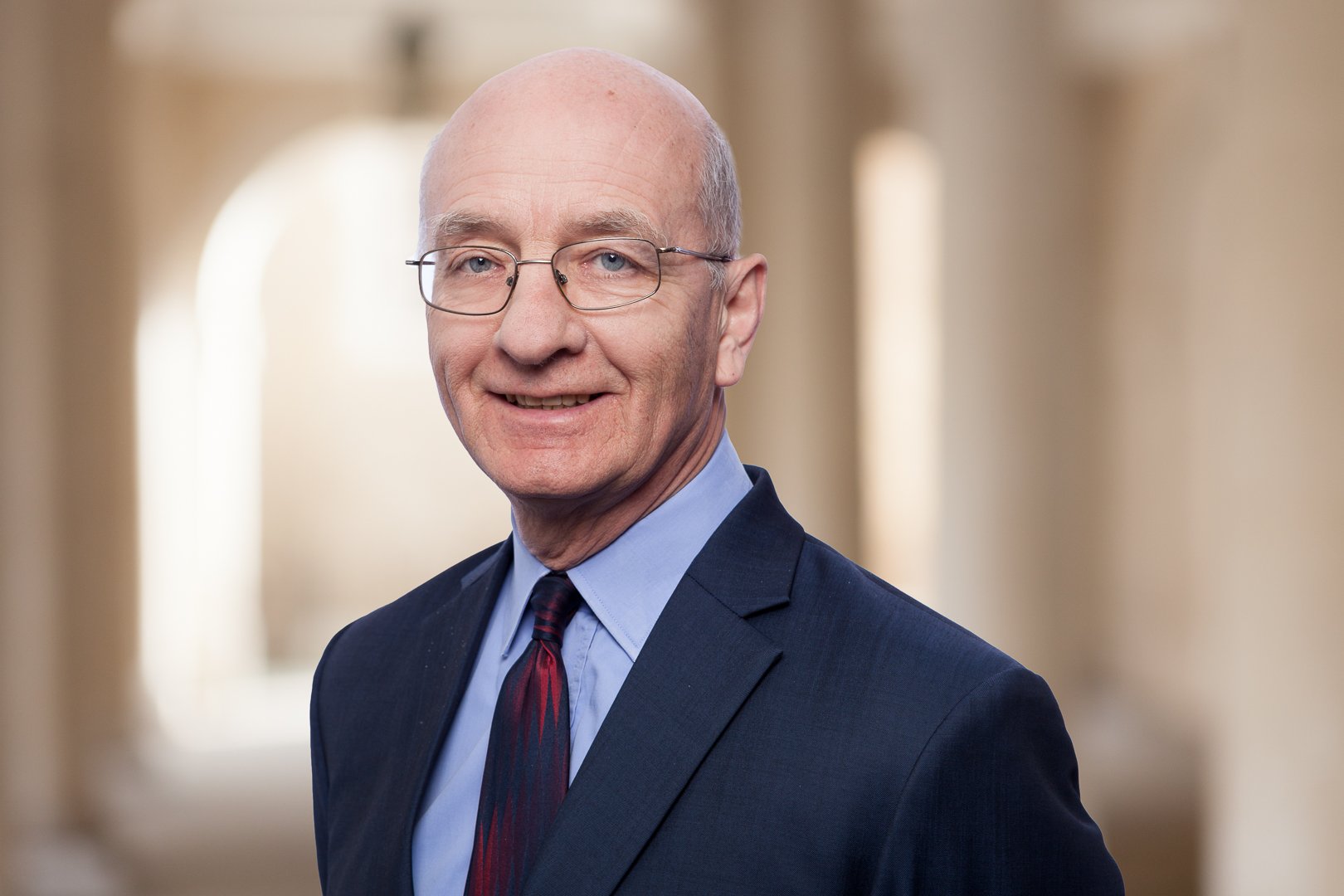Supreme Court hands down landmark disability decision in Paulley v FirstGroup plc
Catherine Casserley
Robin Allen QC
Today, the Supreme Court handed down its landmark decision in Paulley v FirstGroup plc as a result of which bus companies must do more to give priority spaces to travelling wheelchair users.
Robin Allen QC and Catherine Casserley represented Mr Paulley, instructed by Unity Law, and funded by the Equality and Human Rights Commission. The case was heard by all 7 members of the Court – a sign of its significance – and all 7 upheld the appeal finding that First Group plc had been in breach of the Equality Act 2010,. They found that the Respondent’s bus company had not done enough to secure the wheelchair space for wheelchair users such as making reasonable adjustments.
It was not enough for First Group, as it had contended, to instruct its drivers simply to request non wheelchair users to vacate the space and do nothing further if the request was rejected [Neuberger 66]. First Group’s existing policy was described as “pallid” [68]
Whilst the decisions of the members of the Supreme Court differ, at the very least, bus companies can be expected to ensure that their drivers go as far as appropriate in the circumstances to induce a recalcitrant passenger to reconsider an initial refusal. Passengers can be told that it is a requirement that they move [Lord Toulson at 83]. Where a passenger is being unreasonable, drivers should consider stopping the bus for a few minutes “with a view to pressurising or shaming the recalcitrant non wheelchair user to move” [Neuberger 66 – 67]. This is likely to require significant change in the approach that bus companies take to the wheelchair space, requiring training and revision of policies.
Three members of the court go further in their expectations of bus company’s obligations: Lady Hale and Lord Kerr are in agreement that a notice should require those occupying the wheelchair space who are not wheelchair users to move from the space [Lady Hale at 103, Lord Kerr at 122]. Lady Hale, Lord Kerr and Lord Clarke agree that if the woman with a buggy cannot fold her buggy, then she should get off or be required to get off the bus [Lady Hale at 107 and 109, Lord Kerr at 126 & 132, Lord Clarke at 159]. They also agree that damages should be paid to Mr Paulley [Lady Hale at 109, Lord Kerr at 141, Lord Clarke at 160)].
The decision re-affirms the importance of the duty to make reasonable adjustments for disabled people, a duty which is not afforded to those with other protected characteristics and which provides disabled people with extra protection in the legislation. It requires employers, those providing services and education, as well as landlords, to make positive changes so that disabled people can access life on the same basis as those without disabilities. There needs to be cultural change so that priority for wheelchair users means just that.
“This is an extremely important judgment for disabled people, not just in the area of transport but in service provision more generally. It cements the anticipatory duty to make adjustments and requires transport providers and others to do more to prioritise the needs of their wheelchair using passengers,” said Dee Masters.
The case is one of the many that Cloisters members have been involved in.
Robin Allen QC and Catherine Casserley are experts in this field.
For the press summary please click here and here and for more info on the case click here. The case has also been featured on BBC News.
About Cloisters
Cloisters is a highly-regarded and long-established set that advises on employment, discrimination & equality, personal injury, clinical negligence, commercial law, regulatory & public law, sport & entertainment with a reputation for delivering exceptional results.
We’re renowned for our responsive, first-class client focus and we believe it’s this combined with our technical excellence and commercial perspective that enables us to resolve the most complex legal problems for individuals and organisations of all sizes.
Media enquiries: 020 7827 4000and ask for Robin Allen and Catherine Casserley.


